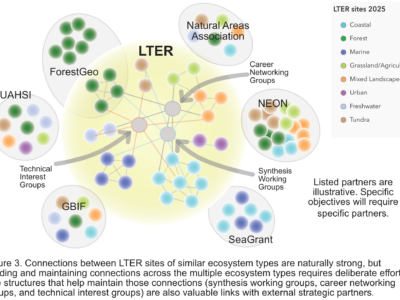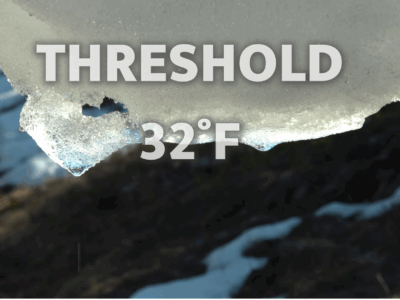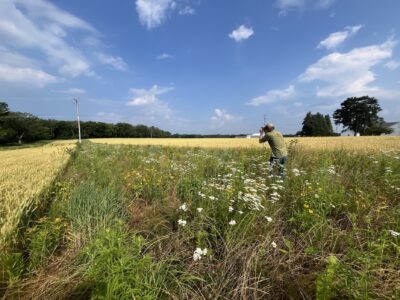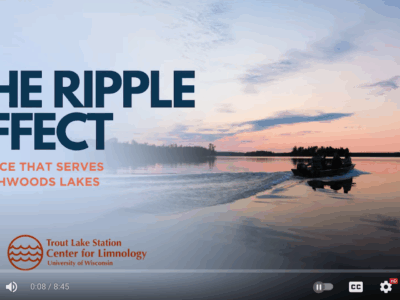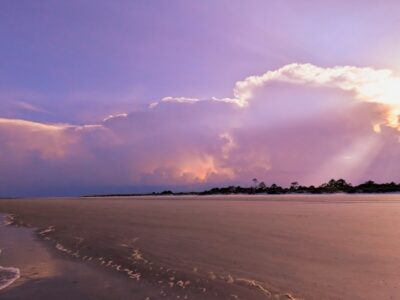24 Hours at Toolik Field Station
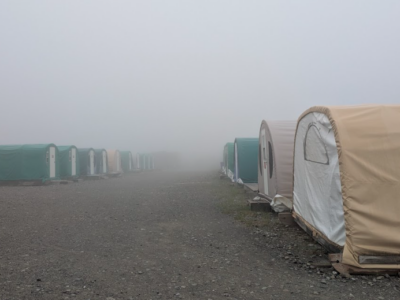
We are 158 miles north of the Arctic Circle, and the sun neither rises nor sets, but swings in an eternal, serene loop around the sky … it’s time to begin the great work of Science, which is something I’m still figuring out.

